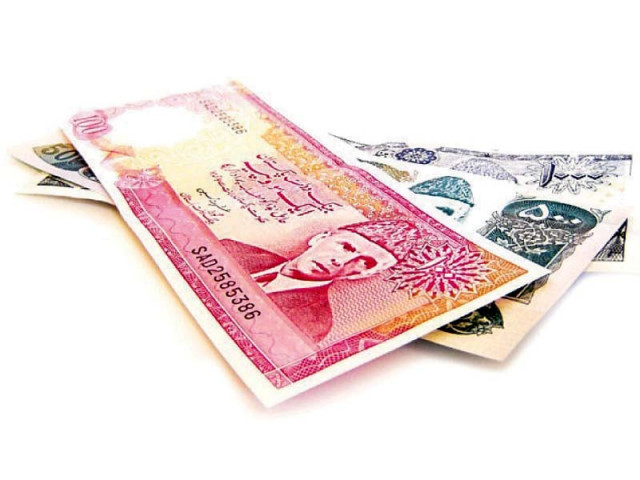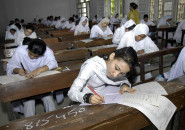Lingering effects: A livelihood altered
NGO worker recounts his journey from admin officer to a fried fish vendor.

NGO worker recounts his journey from admin officer to a fried fish vendor. PHOTO: FILE
Not too long ago, the roadside fried fish vendor Hussain* would earn his living as an admin officer at Bright Education Society (BES), a non-governmental organisation operating in SITE Town’s Qasba Islamia Colony, close to the infamous Kati Pahari.
It was a satisfying life. BES worked on issues of health, education and polio eradication, and Hussain was living his dream of helping the underprivileged attain an education. He could comfortably support his wife, two daughters and son.
All this changed on May 13, 2013, with a jarring phone call.

Hussain learnt that organisation chief Abdul Waheed, philanthropist and a coordinator in the Orangi Pilot Project with the late Parveen Rehman, had been shot dead by unidentified armed men outside the office. “Waheed sir’s murder shattered me. I could not control myself and cried for hours. He was more than a boss, he was my ideological friend,” says Hussain, his eyes filling up. “Waheed should not have died.”
Jolting threats
All BES activities were suspended for days after Waheed’s death. However, soon after, Hussain and his colleagues resumed the organisation’s social pursuits, which included a school, a charity kitchen providing free food to 60 impoverished families, and a resource centre working on polio eradication with Rotary International.
Then, one morning, on his way to work in a rickshaw, the stranger next to him sharing the vehicle wordlessly put a piece of paper on his thigh – a warning message from alleged militants.
“You [and your colleagues] are [engaged in] immoral activities against the teachings of Islam. Stop or get ready for the consequences,” it read.
The message terrified Hussain but he did not discuss it openly. “I stopped going to my office when I learnt that the militants did not like our NGO and were behind Waheed’s murder. Some of our other colleagues also got threatening calls and messages,” recalls Hussain. “I could not put my life in danger.”
Halted good
The incident also changed the life of an orphan whose education Hussain supported financially.
For months, he diligently searched for another job. Armed with a BA degree and computer skills, he tried his luck everywhere.
When the joblessness affected his children’s education, he started loading cement trucks. However, he would often return home in the evening without any work.
“This is when I thought of setting up a pushcart to sell fried fish, and here I am. For a few days, it felt weird standing on the road [selling fish] but my friends and my wife were always there to support me.”
Today, Hussain makes Rs250 to 300 a day. He spends his days caught in routine, all the while dreaming of the moment when he will get another office job.
“Even now, it is my dream to help poor children get an education and I will resume it when I can,” he says wistfully. “But, for now, I am collecting money for myself.”
*Name changed to protect identity
Published in The Express Tribune, December 26th, 2013.



















COMMENTS
Comments are moderated and generally will be posted if they are on-topic and not abusive.
For more information, please see our Comments FAQ